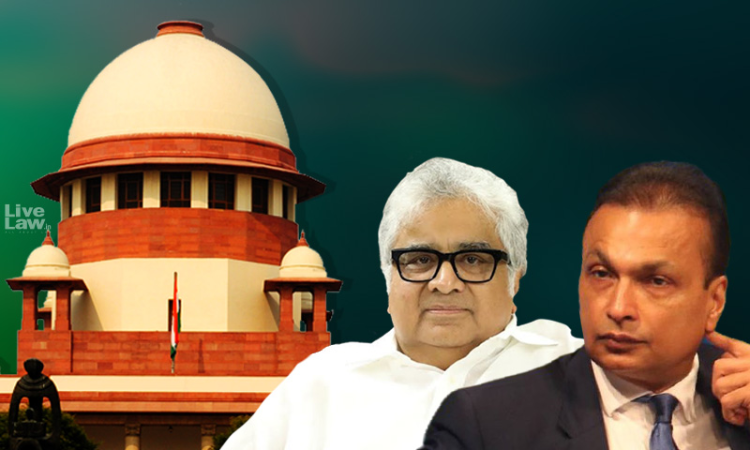The Supreme Court on Thursday heard the arguments of Senior Advocate Harish Salve on behalf of Reliance Communications head Anil Ambani on a plea challenging the Central Government notification extending provisions of the insolvency law to personal guarantors."You cannot specify the subject matter as regards which the section comes into force, you can only specify the section" , Salve...

